Where past and present happily merge
Updated: 2015-01-09 11:31
By Pauline D. Loh(Shanghai Star)
|
||||||||
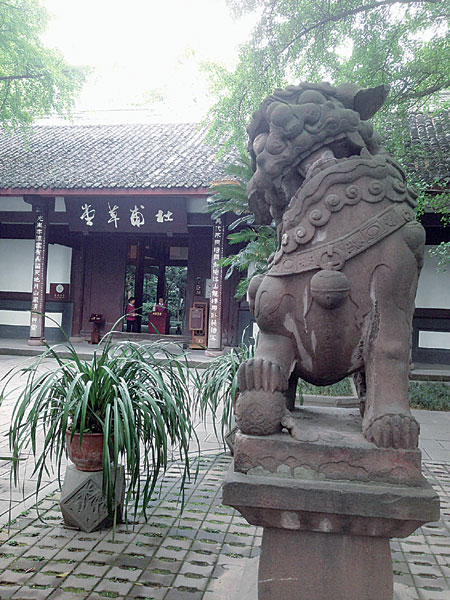 |
|
This was where the Tang poet Du Fu lived and created his best works. He is often called the deity of Chinese poetry. [Photo by Pauline D. Loh/Shanghai Star] |
The capital of Sichuan province is also home to China's most famous animal, the panda, and all the more adorable because of its fragile existence. Here, research, rescue and breeding centers at Wolong, Dujiangyan and Bifengxia give refuge to these endangered national treasures.
Unfortunately, they also provide the animals their best chances of survival, since natural habitats have been decimated by the very progress that ironically generates the money for the conservation effort.
Progress has indeed arrived in Chengdu, with high tech industrial parks springing up along the city's fringes, attracting high net-worth investors from Asia, America and other countries.
It is probably the fastest growing city in China's Southwest, but what makes it stand out is the careful consideration the local government has given to the general work-life balance, and measured environmental controls.
So it is entirely possible to enjoy international brand name shopping at elegant malls in the city center, walk around a couple of corners and be immediately immersed in greenery, waterside scenery and historic monuments.
It is an attitude toward urban planning other cities in China can certainly learn from.
No visit to Sichuan, or Chengdu, is complete without paying homage at its fiery culinary shrine - where the chili pepper and the prickly ash berry more popularly known as the Sichuan peppercorn are the reigning deities.
Chengdu is also well equipped for international tourism, with major hospitality leaders such as St Regis, Ritz-Carlton and the Shangri-La hotels providing quality rooms, services and epicurean experiences.
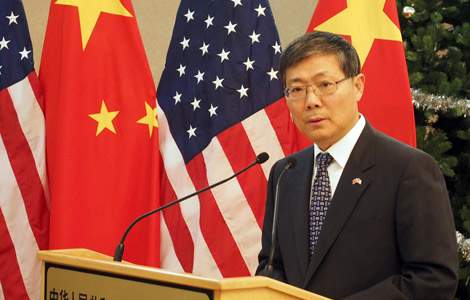
 Across America Over the Week (Jan 2-Jan 8)
Across America Over the Week (Jan 2-Jan 8)
 No longer 'catching up'
No longer 'catching up'
 Dunkin' Donuts to open 1,400 outlets in China
Dunkin' Donuts to open 1,400 outlets in China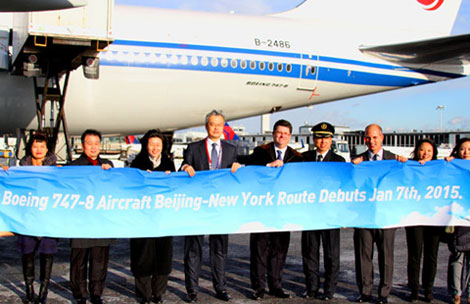
 Air China's new Boeing 747-8 lands
Air China's new Boeing 747-8 lands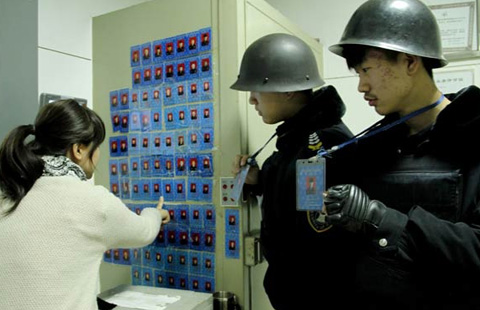
 Escort security guards: risky profession
Escort security guards: risky profession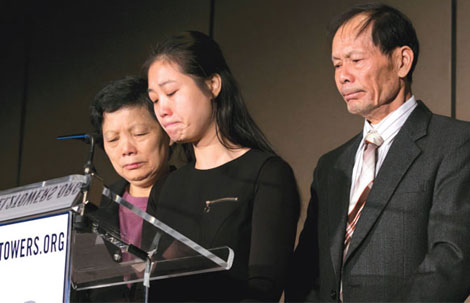
 Fund to pay slain officers' mortgages hits goal
Fund to pay slain officers' mortgages hits goal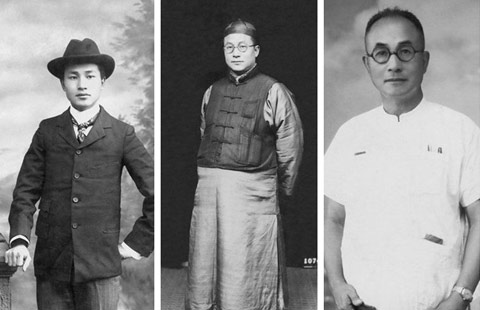
 Changing costumes over 60 years in China
Changing costumes over 60 years in China
 9 websites that provide 'haitao' service in China
9 websites that provide 'haitao' service in China
Most Viewed
Editor's Picks

|

|

|

|

|

|
Today's Top News
Shooting in Texas leaves 2 dead, 1 injured
Dunkin' Donuts to open 1,400 outlets in China
Firm can get past meat scandal: experts
China snaps up more iPhones than US
'Hello Moto' again in China
Chinese rank US among top three popular destinations
China's December PPI down 3.3%
Jackie Chan's son sentenced to six months in prison
US Weekly

|

|







